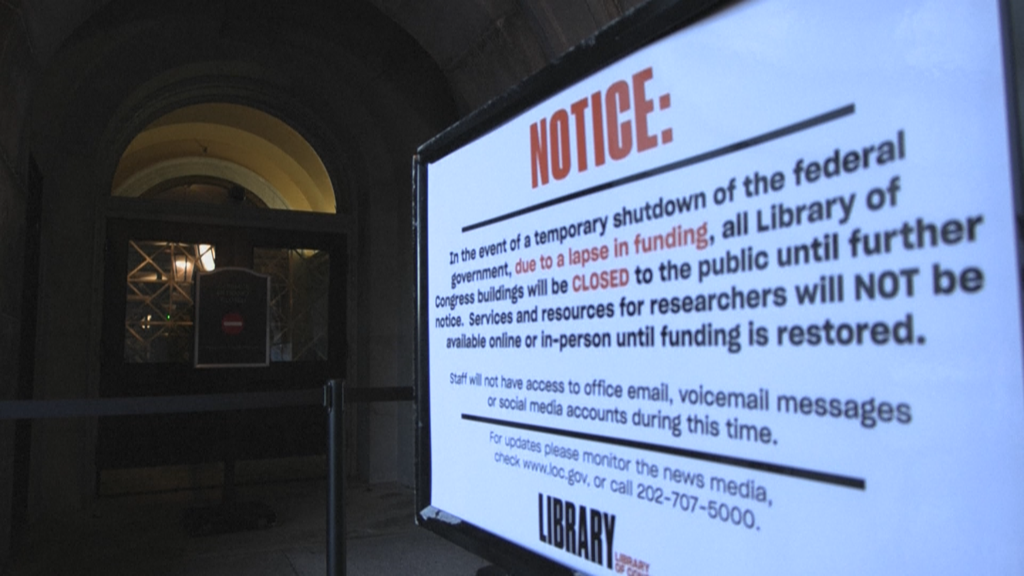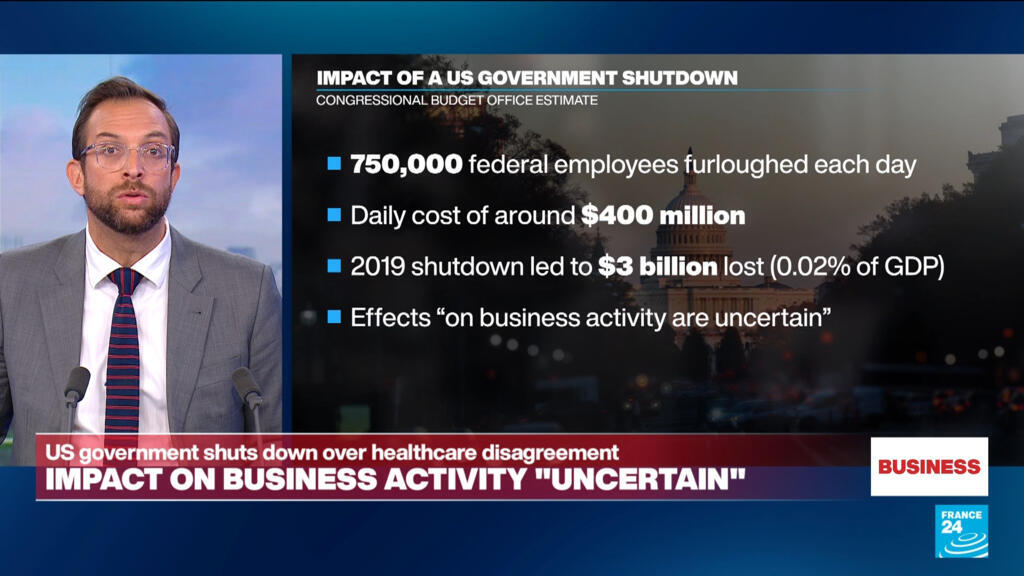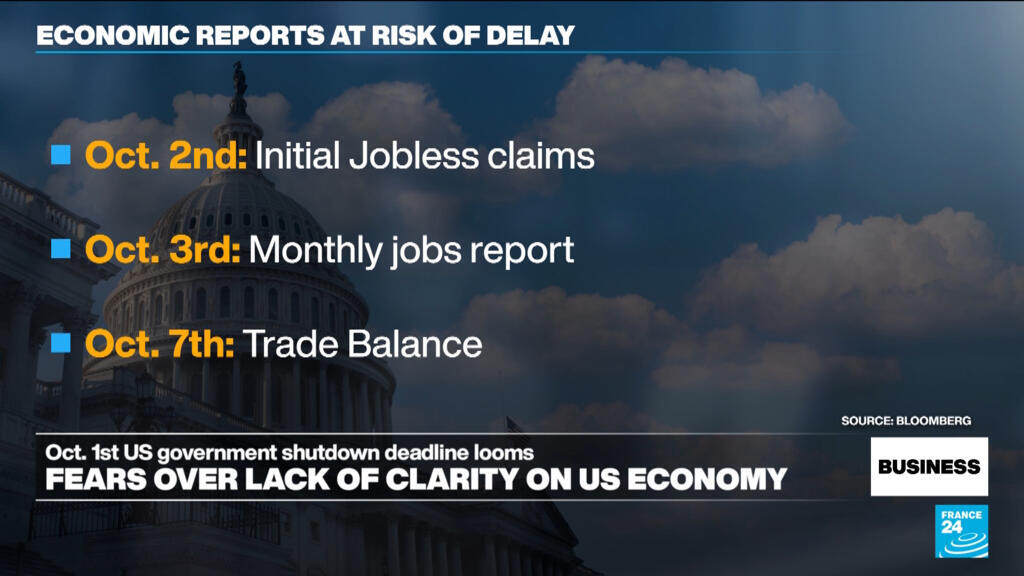Funding cuts force Meals on Wheels programs to reduce services across several counties
For 79-year-old Jeanette Ubernosky, a simple knock on the door means more than just a hot meal it’s comfort and connection.

For 79-year-old Jeanette Ubernosky, a simple knock on the door means more than just a hot meal; it’s comfort and connection.
“I’m just kind of plain and simple,” she said with a smile.
Ubernosky, a client of Fort Bend Seniors Meals on Wheels, says she depends on the program every single day.
“I used to cook and bake all the time. Now I have to rely on Meals on Wheels, but it’s been wonderful. I don’t think I would’ve eaten a lot of times if it hadn’t been for Meals on Wheels,” she said.
She’s one of 1,300 seniors across Fort Bend and Waller counties who receive daily meals from the nonprofit. But that help will soon be scaled back.
The organization recently learned it will lose half of its federal funding — a 50% reduction that will dramatically impact operations.
“With that kind of reduction from about 1.8 million down to 900,000 that’s a big difference,” said Doug Simpson, Executive Director of Fort Bend Seniors Meals on Wheels. “So, we really had to look at what we’re doing and determine what can we do that’s the least disruptive to our seniors,” Simpson said.
Starting January 1st, the program will reduce meal deliveries from seven days a week to five. That change represents about 70,000 fewer meals next year.
“I can get used to it,” Ubernosky said. “I know there’s others that probably will have a hard time. And I wish I could drive and go help do some of it for the people, but I just can’t. Sometimes I feel guilty, you know, relying on somebody.”
The impact extends beyond Fort Bend. In Montgomery County, Meals on Wheels Montgomery County (MOWMC) announced it will:
- Reduce weekly meal deliveries from seven meals to five meals per client
- Cut 500 transportation rides per month
- And manage a waiting list of more than 200 seniors, which is expected to grow
Most Meals on Wheels programs rely on a mix of government grants, foundation support, and private donations. But with ongoing federal funding cuts, many are being forced to adjust operations to stay afloat.
“If we just did everything like we normally do, we would look at a shortfall of over $600,000 next year,” Simpson said. “And, of course, while we don’t like to make the cuts, we have to be sustainable because we want to be here for the next 50 years for our clients. So, we have to think about what’s best for us,” Executive Director Doug Simpson said.
If you would like to make a donation or volunteer, click the link below:


























































